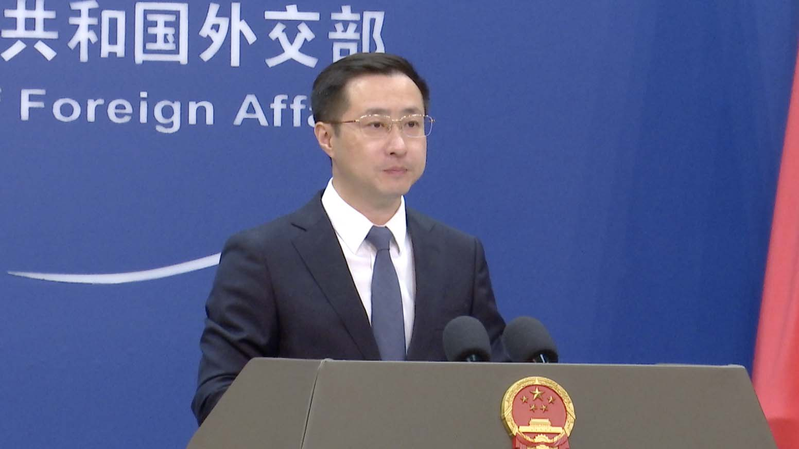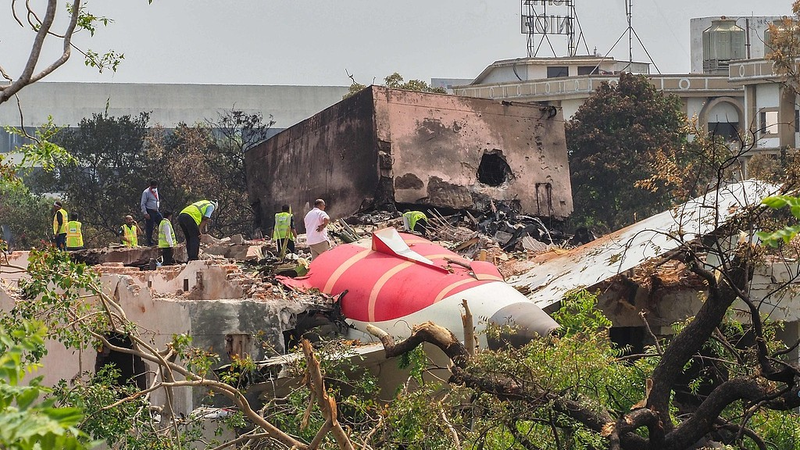Beijing has slammed the White House's latest move to tighten visa rules for prospective Harvard students, warning that the U.S. risks denting its own image on the global stage.
On Thursday, Chinese Foreign Ministry spokesperson Lin Jian said the plan to curb international student visas aimed at Harvard University — home to many from the Chinese mainland — would only harm America's appeal as a hub for international talent.
More than just academic gateways, U.S. campuses serve as vital soft power assets, drawing innovators, entrepreneurs and changemakers from around the world.
"Limiting access to Ivy League programs doesn't just affect individuals — it sends a signal that higher education diplomacy is under strain," says a global education analyst. "That's a blow to America's reputation for openness."
For digitally savvy youth, business and tech enthusiasts, and future thought leaders, the visa debate highlights how shifts in policy can reshape study-abroad dreams from Boston to Beijing.
As universities pivot to hybrid learning and virtual exchanges, the latest restrictions underscore the growing entanglement of geopolitics and higher education. How this plays out could redefine global campus diplomacy for years to come.
What do you think this means for international students? Join the conversation.
Reference(s):
cgtn.com




